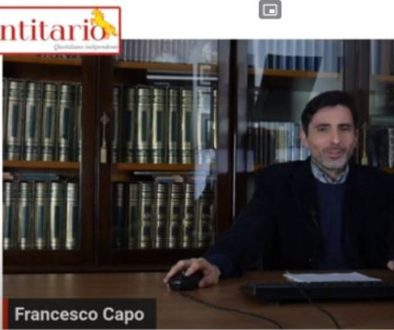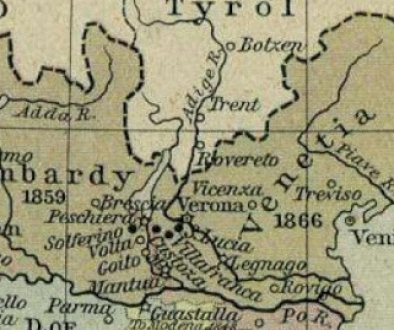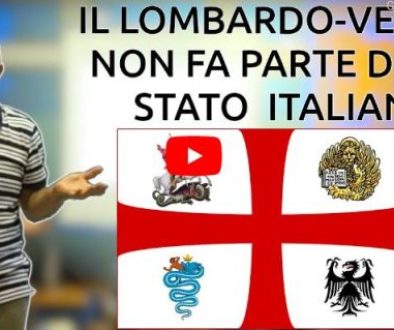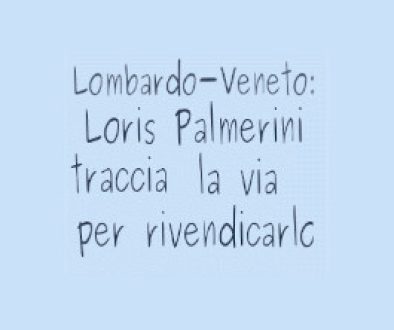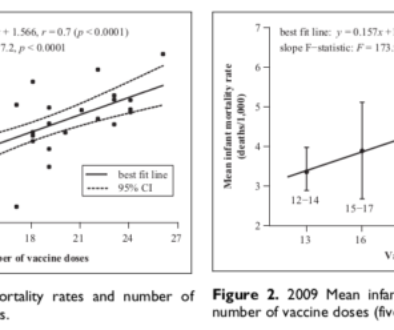Historic turning point for the Venetian question.
The Venetians were a superb nation of history today become part of the Italians, or still exists even if under Italian administration?
If they don't exist, plus the Venetians, what does the expression mean “people Venetian” written in the constitutional law voted by the parliament in 1971?
THE “people Venetian” as a nation corresponds to the residents (therefore it has no linguistic and historical identity, and all the residents are from Veneto), or the Venetians as different in history, identitÃ, language etc have special legal rights like other minor nations that since 2009 are fully protected by Europe?
These questions will be answered first on 26 September 2011, Historic date, epochal for the Venetian people.
The Court of Cassation will give it , the highest court of the Italian State (in addition to the Court of Cassation which, however, citizens cannot appeal to).
The Cassation was called to answer by the political party “Venetie for self-government” (www.venetie.in), the only party that legally represents the interests of the people of Veneto as a nation other than Italy.
Venetie in fact states that the “people Venetian” it is not an abstract reality, nor does it correspond to residents of the Veneto, also because it is enough to look at Friuli-VENEZIA-Giulia, dove, the name itself indicates, there are many Venetians. Rather, until a few decades ago the “Veneto” it was made up of these united lands and others, not the skimpy administrative body of today.
The Venetie party at the beginning of the 2010 asked the Veneto region to modify the regional electoral system (of regional jurisdiction), it was the Giunta Galan, demanding compliance with the international standard on minor nations.
The law 302/1997, Indeed, which no one had ever talked about until then, provides that the minor nations ( like the Venetians ) they have untouchable human rights, i.e. the rights to bilingualism, to dual-language road signs (in this case Venetian-Italian), to courts in the Venetian language, to officials who know the language.
The law also requires that schools be bilingual, if there is enough demand, also in the Venetian mother tongue and second Italian language. All of this also brings with it a certain fiscal self-governance, because nations cannot be deprived of their income.
Venetie's requests were opposed not only by the Region, Ma am 4 levels of justice, 2 electoral, 2 judicial, and also the new Zaia junta, led by the Northern League, he doesn't want to hear about it, because its application would nullify its own elections.
but the 26 September the State is called to show its true face , and to give a change to the Venetian question, Anyhow.
Indeed the Italian State, to blame Venetie, should deny the validity of the law of one of its entities, because it was the Veneto region itself that affirmed in 1998 that the Venetian people are not one “abstract entity” but a concrete reality.
It was the historic Resolution 42 ( http://www.statoveneto.net/risoluzione42.html ) to affirm it.
The funny thing is that in that resolution, not only was it recognized that the Venetians are sovereign, but a referendum for independence was also called for, and he signed it , among others Galan himself!
The question becomes “could the region recognize the existence of the Venetians”?
If, then they would therefore be good 14 years that Italy is violating the law 302 of the 1997 which recognizes the bilingualism and minority rights of the Venetians.
Otherwise it is a matter of understanding whether they exist in Italy or not “national minorities” or if they are the “linguistic minorities” which the article talks about 6 the Constitution.
This talking point is very important, and in any case the Cassation decides it will lead to the cancellation of the regional elections of the Veneto.
Indeed if the linguistic minorities are the populations of different languages (and the state has recognized several of them, including French speakers, the Occitan, i germanofoni, i ladini, the Cimbri, the Friulians, Slovenian, the Serbo-Croatians, the Albanians, the Sardinians) who are they “national minorities” ?
Nothing is specified in the Italian constitution with respect to the question of national minorities, matter was not even present in the heads of the constituents, out of fascism and many with their heads projected towards communism.
It has simply always been believed that “linguistic minorities” E “national minorities” They are the same thing.
But this is not the case with international law ! In fact, linguistic and regional minorities have different rights , provided by “European Charter on minority and regional languages” while the "European Charter on national minorities" ratified by Italy with law n.302/1997 recognizes various rights to national minorities.
If the Cassation will prove the Party wrong, stating that i 2 types of minorities are the same thing, then it means that Italy has violated the rights of the French-speaking minority, Occitan, ladini, the Cimbri, Friulian etc , who have not had special and reserved colleges at all.
In fact, it should be known that the Cimbri and Ladins of the Veneto, such as Friulian and gernophone speakers, they too had written to Galan to have their rights respected, without even getting an answer, like Venetie for another.
So it happens that in any case the elections in Veneto will be cancelled, because minority rights or have not been respected for the Venetians (as a national minority recognized by the region itself, holder of this power) or the Cimbrian linguistic-national minorities, Ladin, German-speaking and Friulian-speaking people from Veneto have been denied their rights , determining that in any case the elections of the Veneto region must be redone, but also of Friuli, Trentino, Piedmont, Calabria, Puglia, Sardinia and wherever there are linguistic minorities.
E’ quite a problem, a historic turning point.
Proof of this is the fact that the Cassation has decided to meet in “merged sections” which it does only when the matter is of paramount importance.
to speak, this ruling will end up in university textbooks, it will be a precedent that will determine the future democratic structure of Italy.
Above all, Italy must show that it is not only able to keep accounts in order, but it is also able to respect national minorities such as the Venetians, is able to no longer have that predatory and hostile attitude that led her to erase Venetian history from school books, seriously interfering even in the education of children.
In short, it will still be a victory for the Venetie Party for self-government, moreover if the Cassation refuses the request for recognition of the Venetians, the party still has the card of the Council of Europe, which will surely prove him right (it is their law!).
In any case, it will be a great turning point for the people of Veneto: perhaps he will realize that a hostile state does not want to recognize any specialty to the Venetians, and that for them the rights of bilingualism recognized to others do not apply.
Perhaps it will be useless to speak in the future of belonging to Italy except as a servitude.
Maybe it will be useless ,as has been done in the past 20 years, talk about self-government of the Veneto people, as did the region in the 1998.
And then for the Venetians, demonstrated the racism of the state, only the path of legitimate total sovereignty will remain.
